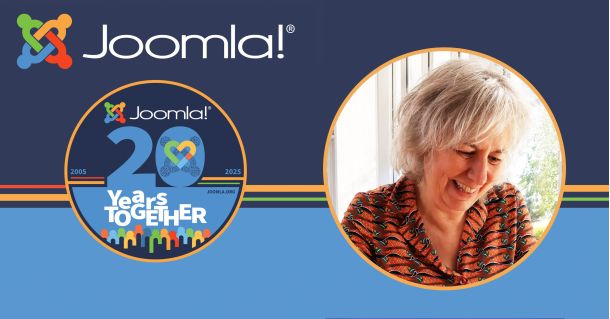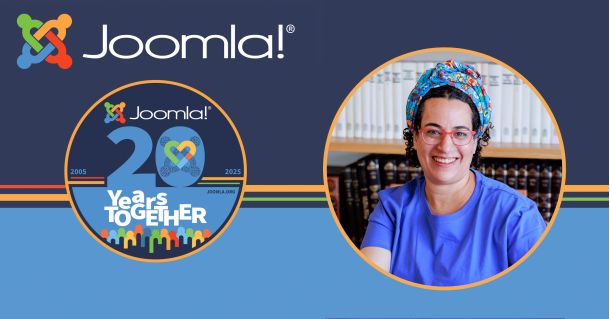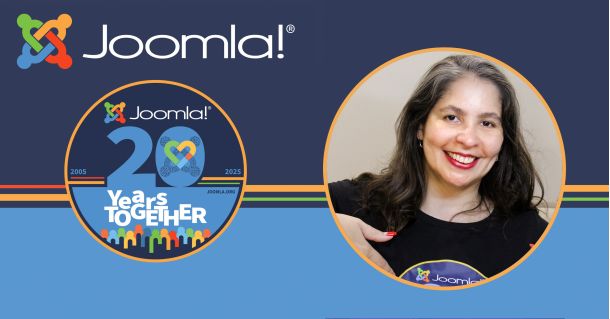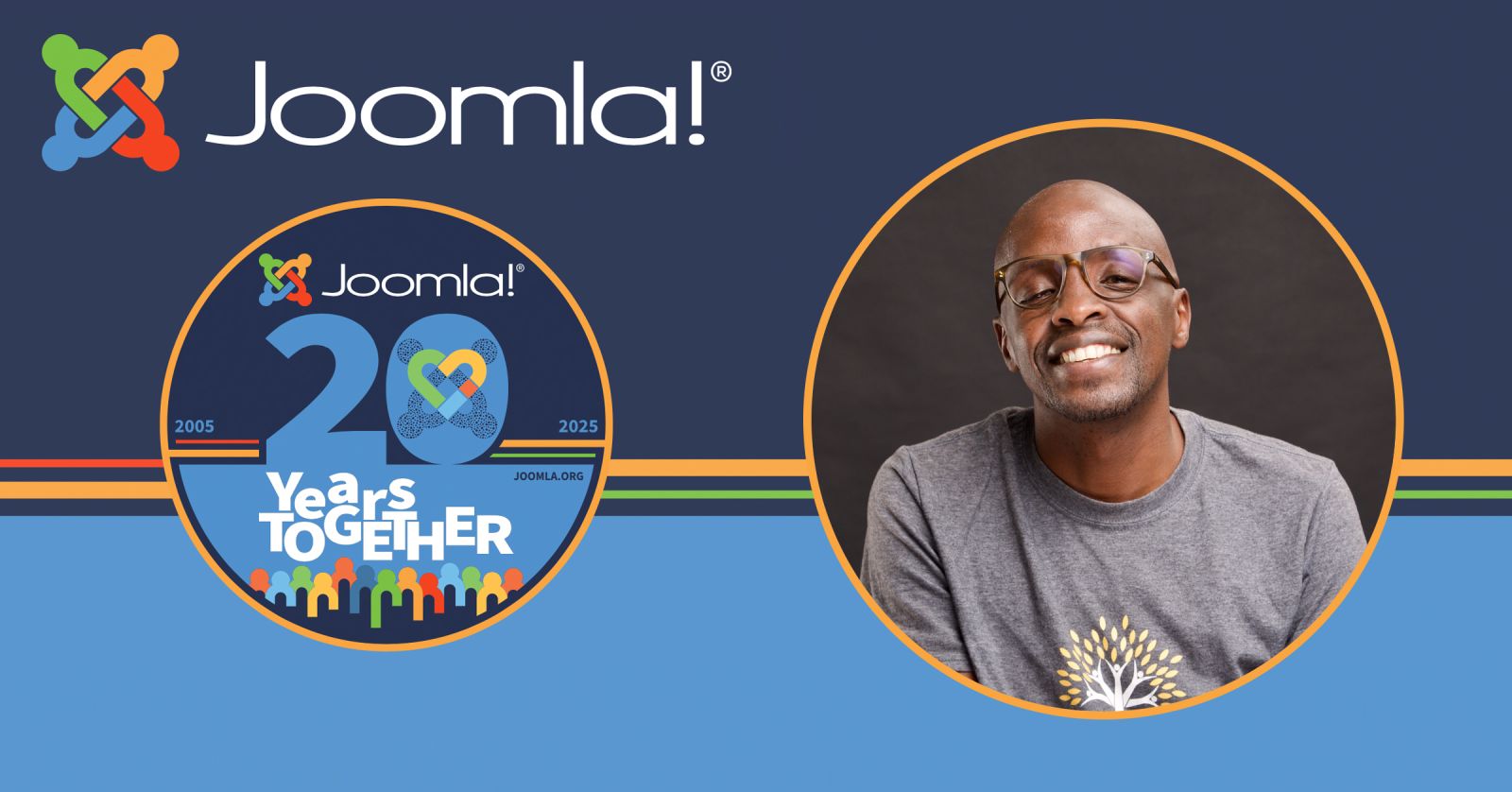
Joomla in Faces. David Opati Aswani (JoomlaDay Kenya co-organiser)
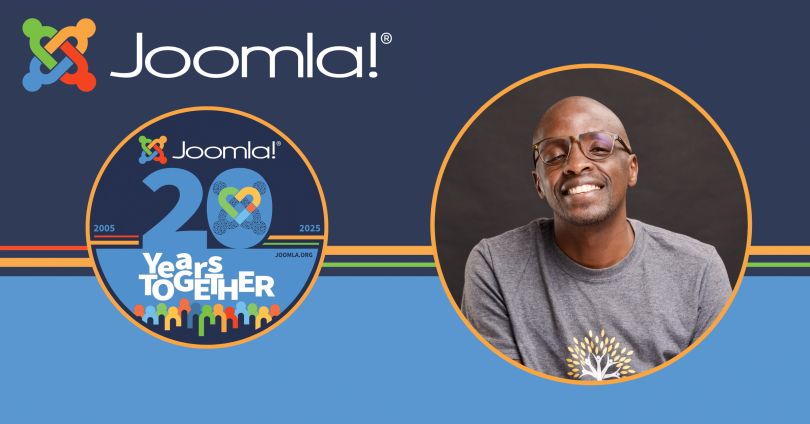
- Published: 29 October 2025
- Last modified: 07 January 2026


Today we're speaking with David Aswani, a passionate open-source advocate from Kenya. His journey is one of remarkable resilience, from overcoming a childhood heart disease to finding his calling in the Joomla community. He now champions open-source software as a powerful, cost-effective solution for institutions across Africa.
1. Please tell us a few words about yourself
My life starts when I was diagnosed with rheumatic heart disease at age 10. I faced a long and challenging treatment of monthly injections for 11 years, until I was 21. I pursued a career in design and media before discovering my passion for open-source software—a path that provided purpose and stability. Since 2011, I have been deeply involved with the Joomla community, co-founding JoomlaDay Kenya and eventually volunteering for the Joomla Project's Events and Volunteer Engagement teams starting in 2015. Today, I continue to organize JoomlaDay and JUG events in Nairobi while championing Open Source Software as a cost-effective solution for institutions across Africa through my organization, Sinnet Cooperative Solutions.
I have also served on the board of Open Source Matters, the organization that provides legal, financial, and operational support for the Joomla Project.
When not working, I find balance in the small pleasures of life, like exploring my neighborhood on a walk or a bike ride, and continuing to create. I also love to travel, see the world, experience new cultures, and make new connections. I live in Nairobi with my wife Naomi and our two dogs, Cici and Tammy.
2. Your first encounter with Joomla: how did it happen?
I was introduced to Joomla by a friend around 2011. We had many conversations about starting a JoomlaDay Kenya, and finally, we did. I later started volunteering for the Joomla project in 2015, as a Joomla Events Team member and later as a member of the Volunteer Engagement team. Currently, I aman organizer for JoomlaDay and JUG events within Nairobi, Kenya.
3. Have you worked with other Content Management Systems besides Joomla?
Organizing the CMS Africa Summit has allowed me to work with different CMSs, as they have all participated in the events. I have been privileged to work with those behind the CMSs and also those consuming them. This has helped me a lot with knowledge exchange and capacity building. Among those are WordPress, Typo 3, and Magento.
4. How do you contribute to the Joomla community?
Right now, I’m the JUG Organizer and Joomladay Organizer in Nairobi. After finishing my time on the OSM Board, I took a much-needed break. Now, I feel refreshed and excited to join a team where I can make a meaningful impact again.
5. Why do you do this / what motivates you / what do you get out of it?
I am always motivated by how a team of volunteers sitting in different time zones develops and launches products that have a positive impact on the whole world, changing how people engage and work. I am also motivated by working with the next generation, the people that come after us, who are in institutions of higher learning, using those tools to start businesses and build careers.
6. Joomla in Kenya. Could you introduce your community, please?
The Joomla user group is active and well. Centred in Nairobi, holding regular meetups at iHub to foster learning and networking for Joomla users of all skill levels. We have also had many opportunities to create a JUG on the move programme, hosting meetings in learning institutions that are in satellite towns and cities.
7. Could you tell us about the CMS Africa Summit and how Joomla is being represented at the event?

CMS Africa started on the backbone of Joomla, and over the years, through different leadership, we have been able to receive a lot of help from OSM, the Joomla community, which includes plugin and extension developers.
David
CMS Africa is the organization that manages the CMS Africa Summit, the Developers for Africa Summit, and the Africa Cyber Security Summit. The Event, CMS Africa Summit, hops from one African city to another, and is currently in its 11th year. Through CMS Africa, we have organised tech events in Kenya, Uganda, Nigeria, South Africa, and Ghana.
This has opened an opportunity to be able to work with University Students from different countries.
CMS Africa started on the backbone of Joomla, and over the years, through different leadership, we have been able to receive a lot of help from OSM, the Joomla community, which includes plugin and extension developers.
8. Can you share your experience from both sides of events? What is it like to be both a co-organizer and a speaker at a JoomlaDay?
Organizing an event is not easy; the biggest challenge is normally the financial part. Looking for sponsorship and partners to work with, venues, service providers, speakers, and attendees. It helps if you have a team; nevertheless, you find yourself stuck in event anxiety, wondering if you will have success. Being a speaker, on the other hand, you worry about the topic, your audience, and your presentation. You might worry about travel costs if you have to travel, though. We once did a JoomlaDay in Tanzania, and since Swahili is widely spoken, I was asked to do my presentation in Swahili despite it being in English on such short notice. The other speaker from Uganda did not speak good Swahili, so I had to do his presentation too.
9. What is the state of the eCommerce market in Kenya? Which online payment systems are the most popular?
As someone who has had the opportunity to travel within the region, I would say when it comes to eCommerce, Kenya dominates, and there are reasons for that. The government's digital economy blueprint and the widespread adoption of mobile money have created a fertile ground for e-commerce.
We have access to the Internet, I mean, an affordable and fairly fast Internet, and a sophisticated payment ecosystem. M-Pesa dominates online payments, alongside other mobile money services like Airtel Money and payment platforms such as Pesapal and PesaLink.
The market is projected to reach $900 million in 2024 and is expected to grow significantly, becoming a major economic force.
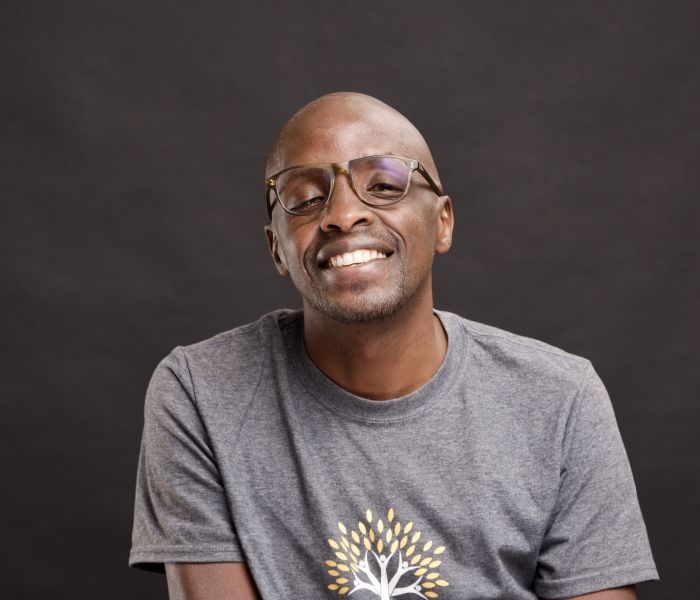
10. Swahili is one of the official languages of Kenya, and the word "Joomla" is derived from it. What is the current status of Joomla's Swahili localization?
This, to be honest, is one area that is yet to be exploited. Joomla East Africa - Mwanzo helps users understand and utilize Joomla, connect Swahili speakers, and share tips and experiences. This platform holds discussions, education, and knowledge sharing about Joomla in the Swahili language.
11. What is Joomla's potential for growth across the African continent?
There are a lot of opportunities for growth within Africa, considering that among the mid-sized SMEs, Joomla is more preferred over other CMSs. Africa has a young population with eagerness in the digital field, which positions it well for industry growth and opportunities.
12. What key advantages of Joomla would you highlight?

The most unique to Joomla is that it's a free, open-source platform under the GPL license, providing access to a large, active community for support and development.
David
The most unique to Joomla is that it's a free, open-source platform under the GPL license, providing access to a large, active community for support and development. Compared to some other CMS platforms, Joomla is straightforward to install and gets running quickly. If you maintain best practices as a user, then Joomla should be your preferred CMS for its designed to be secure.
Last but not least, it can support over 70 languages, simplifying the creation and management of multilingual websites without relying on additional plugins. There is more to love about Joomla, but the community brings a lot of love that many, …including me, cannot resist. In a world where love is fading, this is a beautiful thing.
13. What do you think needs to be improved in Joomla's infrastructure to make it even better?
Within the Joomla core, we need to create a smoother, more automated user experience that minimizes frustration and reduces abandonment. Today’s internet is driven more by consumers than by technical users, so making Joomla more accessible and easier to use “out of the box” will significantly expand its appeal.
On the community side, it’s essential to strengthen engagement — reconnecting with developers, inspiring contributors, and revitalizing participation across the ecosystem.
Finally, we should look ahead: how do we future-proof Joomla to ensure it remains relevant, innovative, and resilient in a rapidly evolving digital landscape?
14. Joomla turns 20. What are your thoughts on this milestone?
Joomla @20 is one of the most significant endeavors, first to the founders, who hoped that this would be a CMS for the future, to the community of volunteers who have steered the ship in the high sea, both present and past, some who have left us, may their souls rest in peace. And the world that is consuming Joomla has created a community around it, be it with JoomlaDay, JUG, or just an evening of Joomla Pizza and Fun.
It's amazing to see Joomla's market share growth over the years I have volunteered for the project, and the impact it brings to individuals, small companies, and big corporations. This makes me very proud to be a volunteer for the Joomla project.



